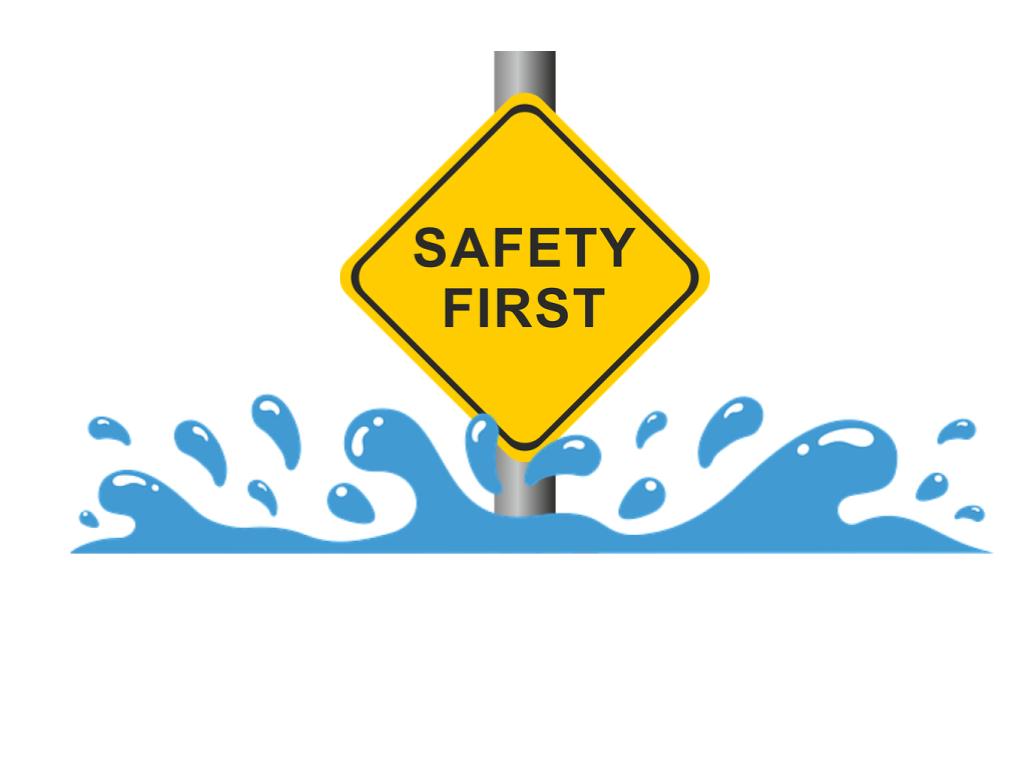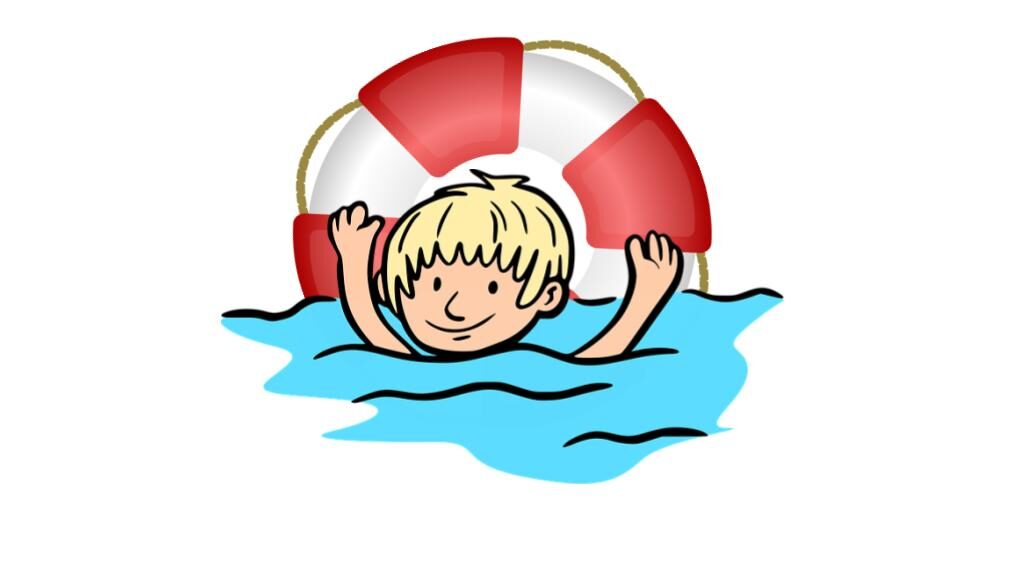
ABC13 Eyewitness News reported the heartbreaking loss of a 6-year-old boy who tragically drowned in an apartment bathtub. While the details remain unclear and deputies have shared limited information, the incident serves as a sobering reminder of the importance of child safety, particularly as summer approaches. Warmer weather often means more time near pools and water, making it crucial for parents and guardians to reinforce safety protocols. Understanding pool safety, supervising children closely, and being proactive in preventing accidents are essential steps in ensuring their well-being during the summer season.
We want to help you
Summer poolside fun comes with the responsibility of ensuring children’s safety, whether at public or private pools. Tragic incidents, like accidental drownings, highlight the importance of following safety protocols such as active supervision, proper barriers for private pools, and teaching children water skills. Unfortunately, when accidents occur due to negligence, such as poorly maintained facilities or lack of safety measures, families may face unimaginable loss.
In such cases, Houston Injury Lawyers can step in to help. They can investigate whether negligence or a failure to meet safety standards contributed to the accident. From holding responsible parties accountable to assisting families in seeking justice, injury lawyers provide crucial support during these difficult times. Their goal is not only to help families heal but also to drive changes that enhance safety and prevent future tragedies.

Let’s Talk tips!
- Active Supervision: Always keep an eye on children when they’re in or near water. Avoid distractions like phones or reading.
- Swimming Lessons: Enroll children in age-appropriate swimming lessons to teach them basic water skills and safety.
- Life Jackets: Ensure non-swimmers or weaker swimmers wear U.S. Coast Guard-approved life jackets.
- Establish Rules: Teach children pool rules like no running, no diving in shallow areas, and no rough play.
- Emergency Preparedness: Know CPR and keep a phone nearby to call emergency services if needed.
At Public Pools:
- Check for Lifeguards: Only swim in pools that have lifeguards on duty.
- Read Safety Signs: Observe and follow the posted pool rules.
- Avoid Crowded Areas: Ensure adequate supervision even in busy areas and stay clear of overly crowded pools.
At Private Pools:
- Secure the Area: Install fences with self-latching gates around the pool to prevent unsupervised access.
- Cover or Drain Pools: Use pool covers when not in use and ensure any portable pools are emptied and stored away.
- Pool Alarms: Invest in pool alarms that alert you if someone enters the water unsupervised.
- Clean and Inspect: Regularly inspect pool drains and ensure they are compliant with safety standards to avoid entrapments.
Other Important Tips:
- Sunscreen: Apply water-resistant sunscreen to protect children’s skin.
- Hydration: Keep kids hydrated, as the summer sun can cause dehydration quickly.
Lead by Example: Demonstrate safe behavior around water so that kids follow your lead.

Who can Be at FAULT?
At-fault parties may face legal liability for pool accidents, including cases such as:
- Drowning victims of unintentional drownings.
- Injuries and disabilities caused by drowning, such as brain damage.
- Brain injuries resulting from prolonged submersion in near-drowning incidents.
- Other serious injuries stemming from nonfatal drownings.
For instance, public pools or water parks often employ lifeguards. If a lifeguard’s negligent or reckless actions contribute to a drowning death, the pool or facility operator could be held liable for wrongful death. Similarly, inadequate maintenance of a pool, spa, or swimming area that leads to a drowning may also create grounds for legal liability.
In addition, a lack of supervision significantly increases drowning risks, particularly when a pool acts as an attractive nuisance. Legally, an attractive nuisance refers to a hazardous area or object that may draw the attention of young children. For further HELP call us at (713)-366-HURT.
